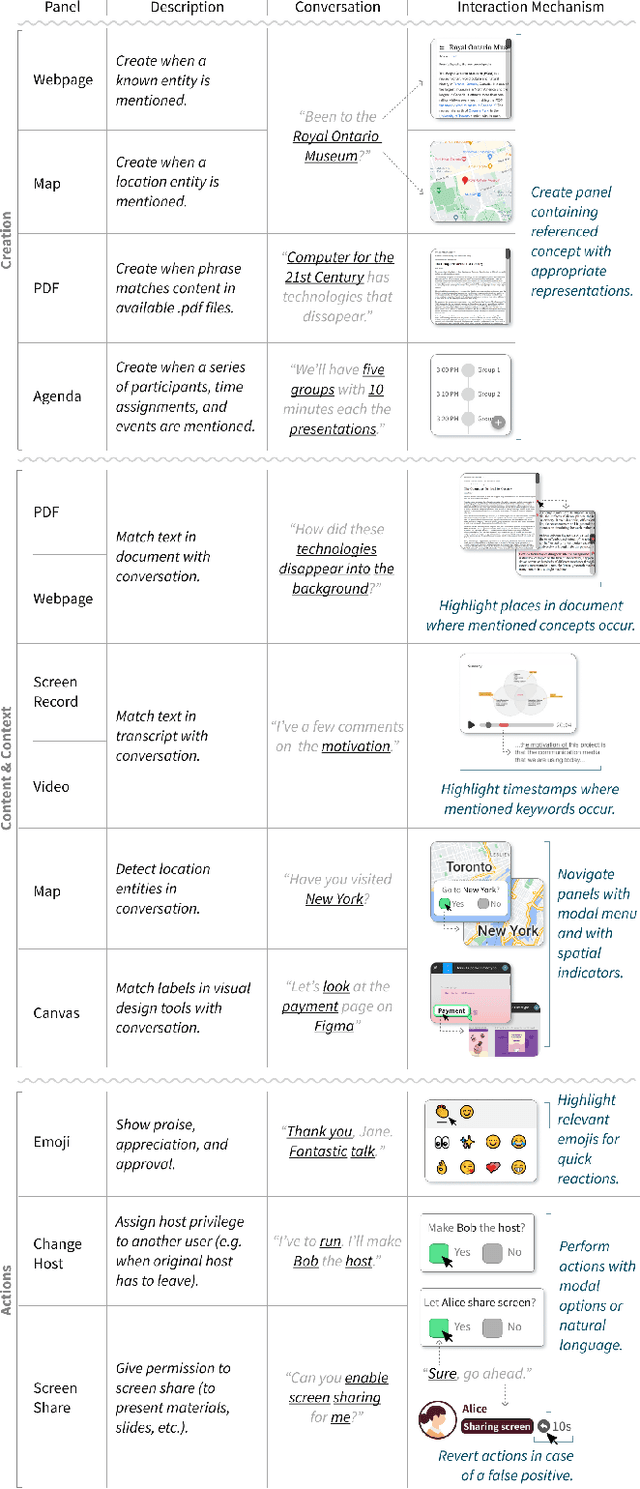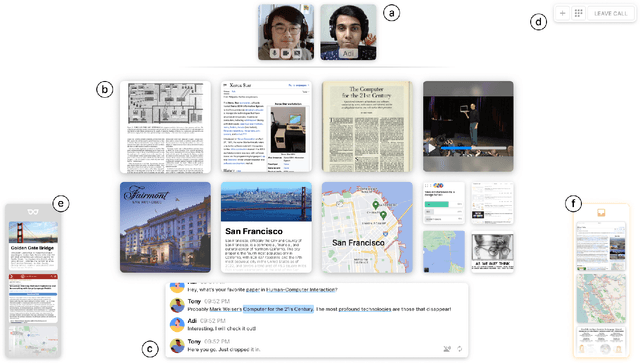Xiaoshuo Yao
Sketch Then Generate: Providing Incremental User Feedback and Guiding LLM Code Generation through Language-Oriented Code Sketches
May 07, 2024

Abstract:Crafting effective prompts for code generation or editing with Large Language Models (LLMs) is not an easy task. Particularly, the absence of immediate, stable feedback during prompt crafting hinders effective interaction, as users are left to mentally imagine possible outcomes until the code is generated. In response, we introduce Language-Oriented Code Sketching, an interactive approach that provides instant, incremental feedback in the form of code sketches (i.e., incomplete code outlines) during prompt crafting. This approach converts a prompt into a code sketch by leveraging the inherent linguistic structures within the prompt and applying classic natural language processing techniques. The sketch then serves as an intermediate placeholder that not only previews the intended code structure but also guides the LLM towards the desired code, thereby enhancing human-LLM interaction. We conclude by discussing the approach's applicability and future plans.
CrossTalk: Intelligent Substrates for Language-Oriented Interaction in Video-Based Communication and Collaboration
Aug 07, 2023



Abstract:Despite the advances and ubiquity of digital communication media such as videoconferencing and virtual reality, they remain oblivious to the rich intentions expressed by users. Beyond transmitting audio, videos, and messages, we envision digital communication media as proactive facilitators that can provide unobtrusive assistance to enhance communication and collaboration. Informed by the results of a formative study, we propose three key design concepts to explore the systematic integration of intelligence into communication and collaboration, including the panel substrate, language-based intent recognition, and lightweight interaction techniques. We developed CrossTalk, a videoconferencing system that instantiates these concepts, which was found to enable a more fluid and flexible communication and collaboration experience.
 Add to Chrome
Add to Chrome Add to Firefox
Add to Firefox Add to Edge
Add to Edge